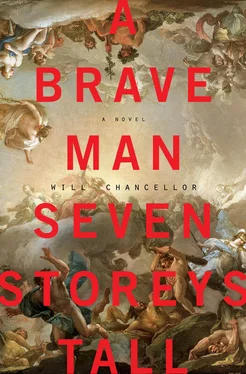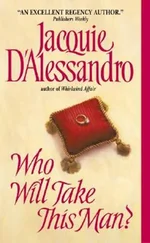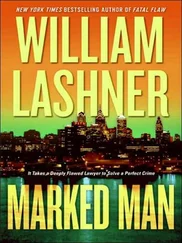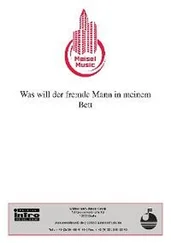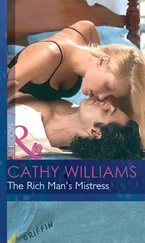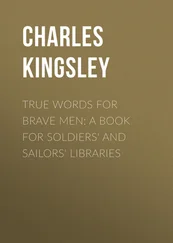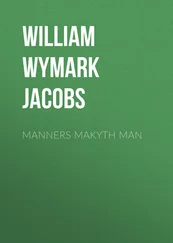While Burr edited from the rocks, Owen coiled the rubber leash around Zebulon ’s twin hulls, coupling boogie board and battery-devouring boat with a Velcro wrist bracelet.
Owen of outlier height, six years old, white-blond hair he certainly didn’t inherit from his father, behind a kickboard and toy boat, scissor-kicking his mom’s old swim fins due west. Beyond where the sun sets. To Caroline.
How many minutes wasted from when Burr first looked up and thought Owen was swimming out too far until even the thought of action arose? Yes, I should definitely do something. I should do something before things get out of hand . How much idle contemplation as the word riptide became real. Finally, Help? Then choking out, help! Finding knees strong enough to stand and stumble for the water. Now yelling, Help!
Burr wasn’t the first, not even the fifth, to respond. Those minutes of failing might still be won back. But the sting of that engine, a hornet fighting the wind that blows it out to sea, would always remain. On most days the wasping stayed in the background, but on some days the wasp dove straight for Burr’s ear and he could hardly look at his son. Hard to bear, and harder to be rid of.
Wall of memory. Wave rising on the skin of the sea; misting away as it gathers and towers down; surging up-shore until it cuffs your waiting wrists with foam. Water slips through scooped fingers, no matter how tight you bowl them; first it’s droplets, then it’s driplets, then only whorls of brine in your fingertips and salt chains in the lines of your palm. When attention returns, saturating a memory that was finally dry and salting away, what then?
Swim for that floating remote control while your son drifts out to sea, because this gift was a quarter of your paycheck and who knows if you can replace that joystick without buying a whole new boat. Drift down the beach, showing no more concern than the rest of the Sunday crowd, biting your lip rather than answering anyone’s question: Where are the boy’s parents? If you weren’t holding that neon-orange remote control, no one would be staring. Drop it. Pick it up. Yell to your bobbing son with the crowd… Pass the yells, the brave yells, on to others.
They have it under control.
There he is.
Then, get ready. This is the best part. Cave to the underemployed twenty-something sirs on the skiff. Wrench your hands in supplication even before they return your son to the shore. Volunteer your failings as a father, a single father. Nod and apologize to someone no older than one of your students as they hand you Caroline’s old fins.
But Owen came back smiling. Boat and board in one hand, high fives for all the lifeguards. He marched through ovation, a son returned.
But not returned by you.
He didn’t want to read the Odyssey that night. He grabbed an illustrated Iliad and announced that he was no longer a kid. From now on he would read by himself.
It took Burr a week to realize that reading had been the last thing they had left.
Professor Burr asked a grad student to deliver the lecture on the katabasis and left campus early to take Owen to the beach. Owen had been sleeping off the trauma of his final procedure with the surgeon when Burr drove off for his morning seminar. By now, he would be awake and feeling restless. Burr hoped the trip to Zuma would show him that no one wanted to keep him packed away. He could even stop out if he wanted. If things went well, they could hash out a plan for 2004 and have him back at Stanford next year.
Burr opened the door and called for Owen.
Silence.
Empty . A tumbleweed word, rolling, thirsty, thorned. Empty . And whenever empty , also alone . These words snagged Burr as he gripped the kitchen counter and read Owen’s Post-it farewell. He peeled off the note and thumbed through the rest of the yellow pad in search of the real note, the reluctant good-bye from his son that must be here somewhere.
He called upstairs again. The gravity of the house had changed, as if he’d come home to find half of his possessions packed up and moved away. He scanned the living room, taking inventory of chairs and lamps as if he’d been robbed. Had to remind himself that each bare patch of wall had always been empty, never held a mirror, never held a painting. Some emptiness was always there.
Burr stumbled over a stack of books on the floor of his study. Spines bruised and hyperextended, dust covers unflapped and tore as the column crumbled and Burr took a slipping step over the rubble. With a thick thumb he undented the corners, rejacketed the hardbacks and replaced them on the shelf, leaving a two-book gap where his Loeb Odyssey should have been, which was fine, but he could have asked.
After surrendering to the scooped-out mitt of his leather chair, Burr toggled through a twelve-disc carousel. He gritted his teeth and pressed the small remote. Each CD sounded hollow. Bill Evans, Getz/Gilberto, Miles, Mingus, Weather Report, Brubeck. All empty.
He thumped his knee with a rolled-up magazine. Then back to the Post-it stuck to his left index finger:
DAD ,
I’m going to Europe to find out which half of my life I’m about to waste. After I figure this out, we can talk about graduating .
— Owen
He peeled the note and pressed it into the molding of the doorframe, above pencil marks of Owen’s height, taller than his father at eleven, six-foot-eight at age fifteen, but still standing on tiptoes, trying to get that extra quarter inch.
Raising Owen had taught Burr the beauty of being marginal. The vain side of any father wants to be Atticus Finch, but what could be worse for a boy than a father impossible to outgrow? Better to let your son know he’s the center of your life and you are one of many moons. But this wasn’t that. This was Owen telling him he was irrelevant. And, when he was honest with himself, it pissed him off.
The Volvo ground into gear and skidded into the street. The Burrs lived exactly halfway between the airports, but always flew from LAX. He figured today would be no different. But there was no point to any of this if he couldn’t beat the pretraffic traffic and clear Ventura in the next half hour.
He rolled through a red light. In front of his neighbors and with kids walking home from school, Burr ran a red light and then another. Not orangish-red. Burr ran through lamps minutes hot. He glanced at the windshield and read his inspection sticker in reverse. It had lapsed in late ’03. He almost wanted an officer to lead him away in handcuffs, just for the moment of concern when a door would be opened for him and he’d be pushed in the back with a “Watch your head.”
Traffic hit long before Ventura, shattering the glassy calm of Rincon and Solimar. He was caught in a static mass and had to suffer the sight of frontage-road drivers whizzing away north and south, making him another nameless roof on Highway 101, a die-cast toy for the news helicopters to beam. He peeked over his shoulder to see if there was any way he could get right and roll down the embankment to the frontage road. A highway patrol car was parked half a mile ahead, blocking his escape.
Cars continued to rush by on the one-lane road to his left and Harbor Boulevard to his right. He was stuck. The empty space at the middle of two lines; the trapped zero in the 101.
By Ventura proper, people were thumbing silver buttons and sliding transmissions to neutral or even park. He fiddled with the gearshift and looked at the analog clock on his rubber dashboard, then at the yellow arrow of In-N-Out, pointing away from the highway to a trafficless side street where families shared French fries on concrete tables.
Читать дальше
